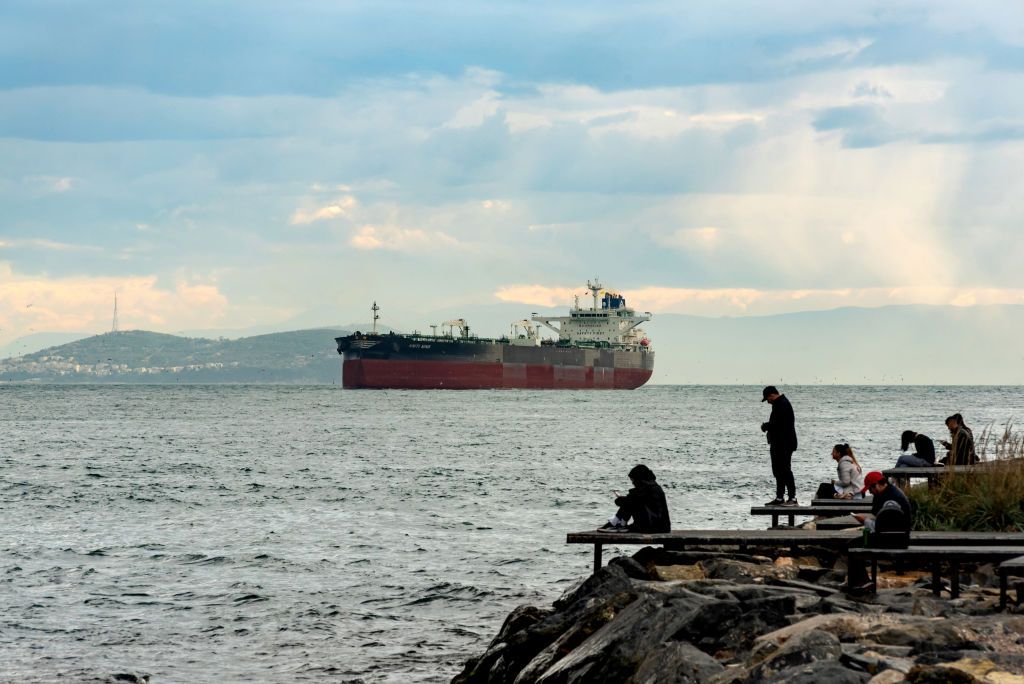NATO launches Baltic Sea naval operation after undersea infrastructure sabotage

Eight NATO member states bordering the Baltic Sea unveiled a coordinated action plan on Jan. 14 to address risks to underwater infrastructure following recent cases of suspected sabotage.
The declaration follows the Dec. 25 sabotage of four telecommunication cables and one power cable in the Baltic Sea, with Finnish authorities suspecting the involvement of the Russian "shadow fleet" vessel Eagle S.
The plan was announced after a summit co-organized by Finland and Estonia, which included leaders from Denmark, Germany, Latvia, Lithuania, Poland, and Sweden.
The summit welcomed NATO’s "Baltic Sentry" mission, aimed at monitoring, deterring, and responding to potential threats. Up to 10 NATO vessels will patrol the Baltic Sea until April, enhancing situational awareness and protecting critical undersea infrastructure.
The leaders pledged to deter, detect, and respond robustly to any attempts at sabotage, emphasizing that hostile actions would be attributed and countered as appropriate.
"We are determined to attribute and counter any actions threatening our infrastructure. Any attack will be met with a robust and determined response," the statement read.
NATO’s Maritime Center for Security of Critical Undersea Infrastructure, established in May, will lead efforts to deploy innovative surveillance technologies and develop rapid response mechanisms for repairing damaged infrastructure.
The leaders expressed concern over Russia's so-called shadow fleet, tankers allegedly used for sanction evasion and espionage, which also threaten maritime security.
"We reserve our rights, in accordance with international law, to take action against any vessels circumventing sanctions and threatening security, infrastructure, and the environment," the statement said.
A Memorandum of Understanding on Critical Infrastructure Protection will be prepared to coordinate joint efforts. The leaders also agreed to enhance network resilience and readiness for rapid repairs.
The Baltic Sea region has witnessed growing concerns over Russian sabotage since Western nations began supporting Ukraine following Russia’s full-scale invasion in 2022.
Recent incidents, including suspicious activity by Russian-registered vessels near Denmark and Sweden, have heightened tensions.
The summit highlights NATO’s commitment to safeguarding the Baltic Sea amid escalating challenges posed by Moscow.











